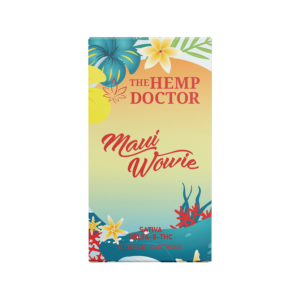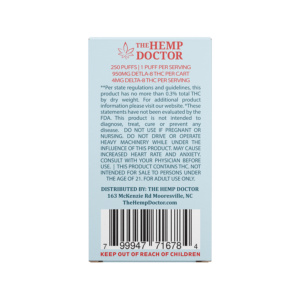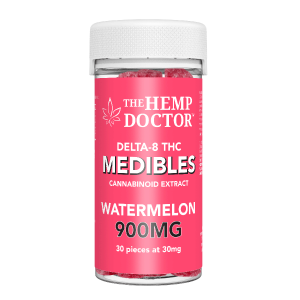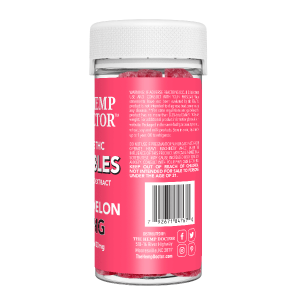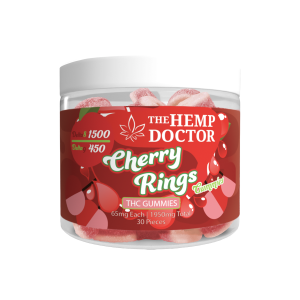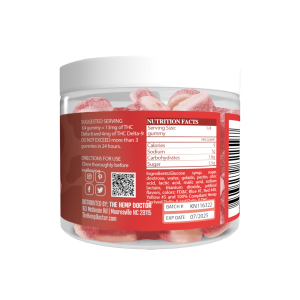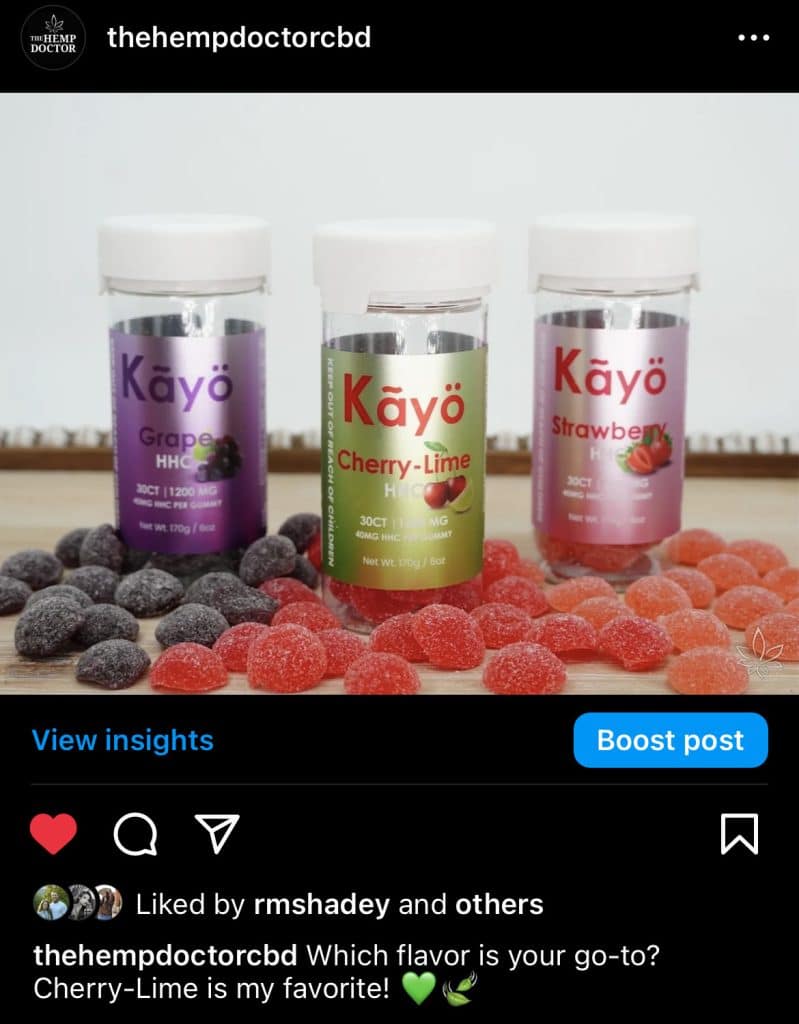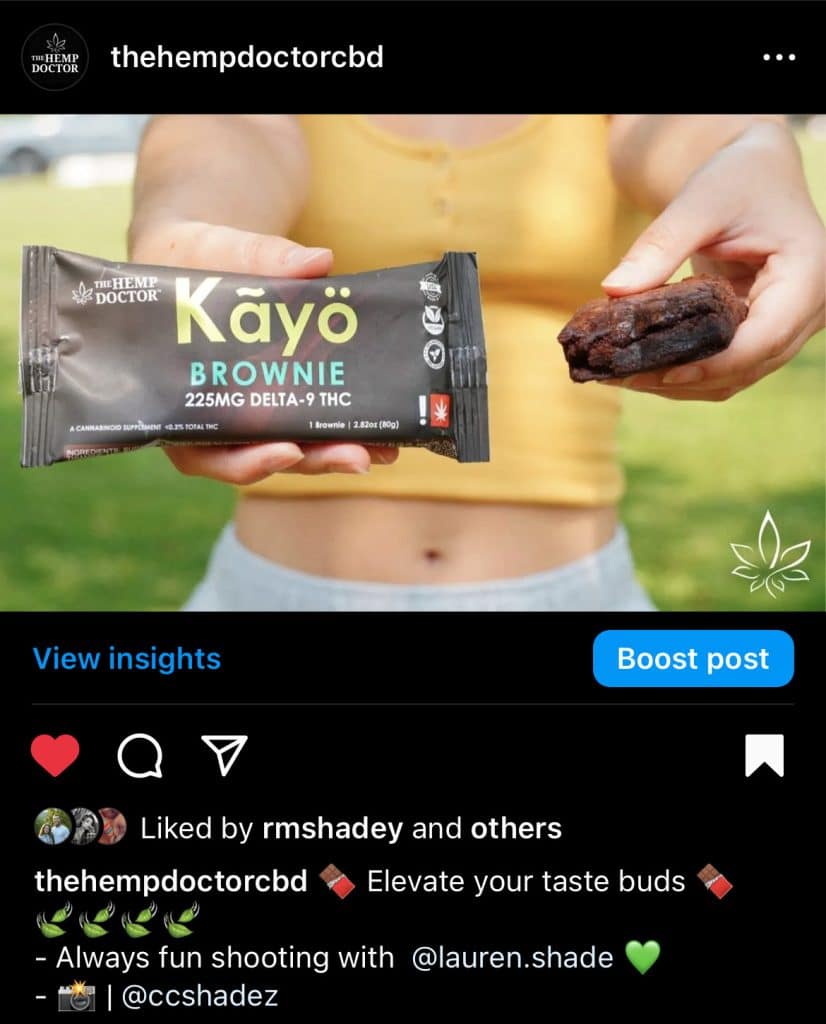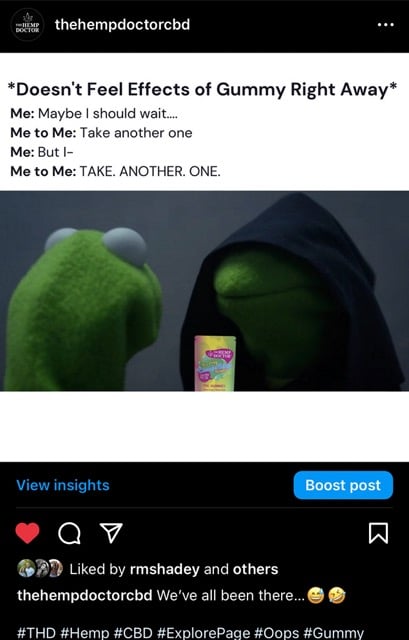THC-O: What You Need to Know
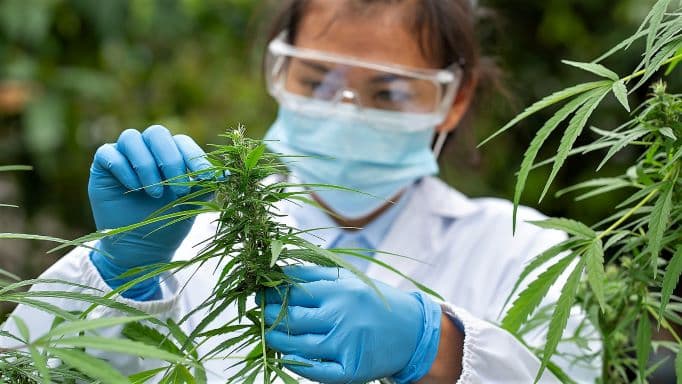
What is THC-O? In a few ways, THC-O is different from other types of cannabinoids. These differences are quite notable, and it is important to understand them before considering using THC-O for any kind of purpose, recreational or medicinal.
What is THC-O?
The most striking aspect of THC-O is that, unlike any other cannabinoid, it is not a naturally grown substance. In other words, it is a synthetic — created and tested in laboratories under specific conditions. Unfortunately, this means that not only should you not attempt to make this in your own home, and because it’s synthetic, you also can’t grow it, even if you wanted to.
Why is it made this way? Well, THC-O is a shortened term for “THC-O-Acetate.” Acetate is the molecule that is chemically spliced into the rest of it and is in many ways the single biggest differentiator between this and other cannabinoids.
How does acetate make such a big difference? To answer that, we need to look at what THC-O does.
What Does THC-O Do?
THC-O is the strongest form of cannabis that currently exists. How strong, you ask? Believe it or not, this cannabinoid is reported to be three times as strong as the previous strongest cannabinoid (delta-9 THC). So what exactly does that mean, and what are the effects?
Most people who have taken THC-O in clinical studies have described the experience as a trip. It’s not unlike the experience someone would have after taking psychedelics. It is known to induce a state where the body and the mind are both completely submerged in a transcendent, immersive, and spiritual journey.
This, of course, might be a turn-off for those who aren’t interested in that strong of a buzz. In fact, for medicinal purposes, it’s only recommended for those who don’t experience the needed effects of other cannabinoids. As each person has different biological needs, what is perfectly potent enough for one can be useless to another. For recreational purposes, however, the effects speak for themselves.
Current versions of THC-O are not water-soluble but oil-soluble instead. What does that mean? In simple terms, it means that the actual effects aren’t felt immediately but spread slowly over time through your body.
The potential benefits of this type of cannabinoid are similar to other variants, only stronger. If regular cannabis products don’t do it for you, then this very well might.
The Differences between Delta 9 THC, Delta 8 THC, and THC-O
To fully understand THC-O, we feel that it’s helpful to do a more extensive comparison to its sister THC molecules, Delta 9 THC and Delta 8 THC.
Delta 9 THC
The most commonly known THC (tetrahydrocannabinol) molecule is Delta 9 THC. This is the one most people think about when they hear “THC.” Delta 9 THC is a cannabinoid just like its sisters and is found naturally in great abundance in the mature marijuana plant. This is the specific cannabis molecule famous for giving the user a feeling of being high.
Depending on the strain, users generally feel a head high that somewhat dulls their senses. Additionally, with the indica strain of cannabis, users also feel a deep sense of relaxation throughout their bodies.
Delta 9 THC can be extracted directly from the marijuana plant and made into products. It is currently a Schedule 1 substance on the DEA’s list of controlled substances and is illegal on a federal level. However, all but a handful of states have made Delta 9 THC legal for at least medical use.
Delta 8 THC
Delta 8 THC is another THC cannabinoid molecule found in the cannabis plant. However, this one is not as well-known as its sister molecule, Delta 9 THC, and is not nearly as abundant in the cannabis plant. Delta 8 THC only makes up less than 1% of the plant. Therefore, Delta 8 THC has to be created to be commercially viable by converting other plentiful cannabinoids like CBD into Delta 8 THC through a chemical process.
Delta 8 gives the user an intoxicated feeling, but not nearly to the level of Delta 9. In addition, Delta 8 THC provides for more of a good feeling throughout the body with a clear head as opposed to Delta 9 THC’s head high.
Delta 8 THC is derived from hemp, so it is placed in the same category as CBD and is federally legal. It has also not made it on the DEA’s list of controlled substances, although the DEA has made moves to do so. However, 17 states so far have made it illegal on a state level.
THC-O
Like Delta 8 THC, THC-O must be created in a laboratory through a chemical process. As a result, THC-O has the most intoxicating effect of any of the other THC cannabinoids. It is reported to be 300% stronger than Delta 9 THC and produces the same kind of head high. In addition, however, THC-O is reported to cause more of a psychedelic experience not unlike that of LSD, and users have reported a spiritual feeling when using this substance.
THC-O is currently in the same legal category as CBD, Delta 8 THC, and other cannabinoids. The Farm Bill of 2018 specifically made Delta 9 THC illegal in quantities over 0.3% but, by default, made all other cannabinoids legal. So THC-O is completely legal on a federal level and has yet shown up on either the DEA’s or most state’s legal radar.
FAQs about THC-0
Can I make THC-0 at home?
Absolutely not! You should not even try. The acetic anhydride that is part of the process of converting THC into THC-0 is highly flammable and potentially explosive. THC-0 should only be created in a laboratory setting, with a ventilation hood, in controlled environments that provide for no exposure to humans.
Is THC-0 safe to consume?
Yes, but you need to purchase it from a reputable retailer like The Hemp Doctor. The reason is that there is a lack of FDA oversight on hemp-based products, so no governmental authority is inspecting these items. Therefore, the possibility of contamination is high, especially in cheaper products. You want to find a retailer like The Hemp Doctor, who has their THC-0 vape carts inspected by an independent laboratory and then makes those lab results available for you to inspect. This lab testing is the only way to be sure of the safety and potency of your THC-0 product.
Is THC-0 really that potent?
Yes! As we’ve stated earlier on this page, it is estimated to be three times as potent as Delta 9 THC, the cannabinoid found in marijuana. This is why we advise first-time users to start low and go slow. Take a small puff, to begin with, then wait at least 30 minutes to allow the full effect of the THC-0 to kick in. If you haven’t experienced the full benefits after that time, take another small puff. Just be careful as it can sneak up on you.
Is THC-0 actually legal?
The legal landscape of hemp-based products is a grey area that is constantly changing. However, here is what we know at this point.
The Farm Bill of 2018 made all hemp-based products legal to produce and sell on a federal level throughout the United States as long as the Delta 9 THC level was not more than 0.3%. Now, individual states can adopt the federal stance on products or create their own laws and regulations. The legalization of hemp in 2018 brought a wave of CBD products to the market, and most states adopted the same legal position as the federal government for these CBD products. There are only a few exceptions like Nebraska and Idaho that will only allow CBD if it has a 0% THC content.
When Delta 8 THC products were introduced to the market, more states were resistant to the product. Technically, because of the specific wording of The Farm Bill, Delta 9 THC is the only federally restricted cannabinoid. Therefore, Delta 8 THC is legal on a federal level. However, 17 states so far have banned Delta 8 products.
THC-0 pretty much falls into the same legal camp as Delta 8 THC. It is technically legal on a federal level because The Farm Bill only restricts Delta 9 THC. However, it is likely to become restricted or illegal in some states, like Delta 8. THC-0 products are new to the market, so it may take some time for states to catch up and determine the legal fate of THC-0. We at The Hemp Doctor encourage you to check with your home state for the most current laws, as they are likely to change in the future.

